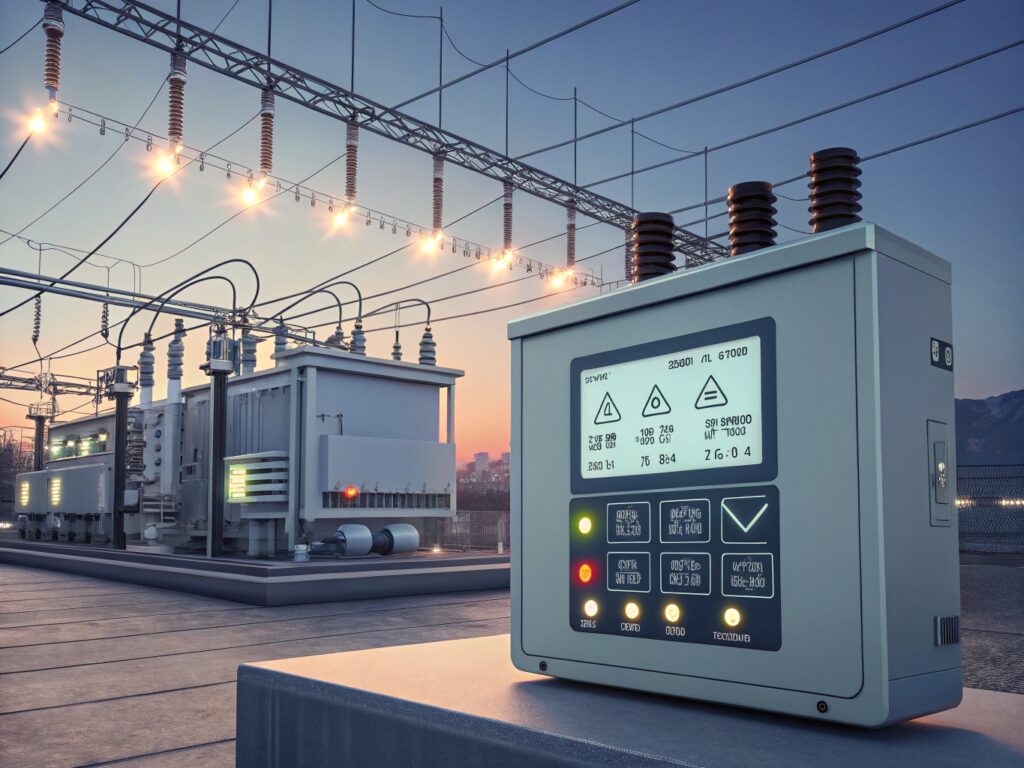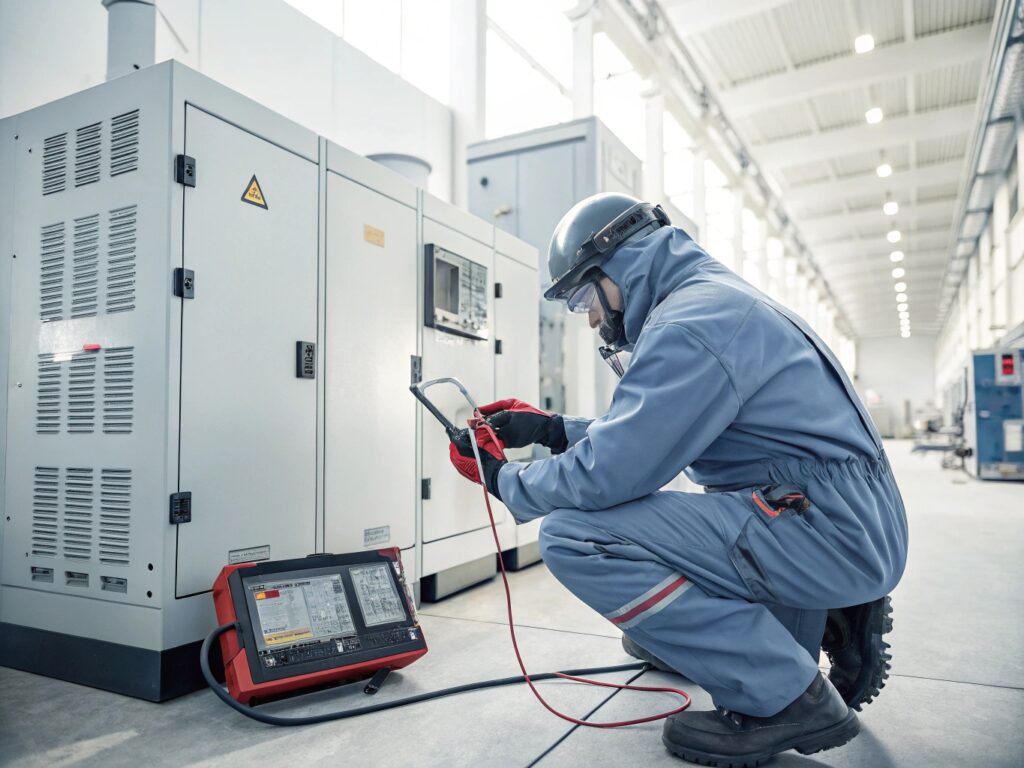
In the world of power generation, efficiency and reliability are key. Should you stick to manual operation, or is automation the way forward? Let’s explore this.
Automated generator controllers offer greater accuracy, safety, and efficiency compared to manual operations. They reduce human error and improve overall performance.
I’ve worked in the power equipment industry long enough to see both manual operations and automation in action. What I’ve learned is that automation isn’t just a trend—it’s a game-changer.
Why is automation better than manual operation in power generation?
The choice between manual operation and automated systems is becoming clearer. Let’s see why automation is rapidly gaining favor in power generation.
Automation streamlines processes, ensures consistent operation, and reduces the risks associated with human intervention, making it the preferred option in modern power generation.

Consistency and Reliability in Power Generation
Manual operation can be prone to inconsistencies, especially during long hours or under stress. With automation, generator controllers can operate consistently 24/7 without the risk of human fatigue or error.
Real-time Monitoring and Adjustments
Automated systems continuously monitor generator performance. They can make real-time adjustments, ensuring efficiency even in the most demanding conditions. For example, if a generator experiences a surge in load, the controller can automatically adjust settings to prevent overloading, something manual systems may miss.
Long-Term Cost Efficiency
Although the initial investment in automated systems can be higher, automation reduces maintenance costs and prevents costly repairs caused by human errors. Over time, this makes automated systems a more cost-effective option for large-scale operations.
What benefits do generator controllers provide over manual systems?
Generator controllers offer several advantages over traditional manual operation. Let’s take a closer look at these benefits.
Generator controllers provide precise control, faster response times, and the ability to integrate with other automated systems, improving overall efficiency.
Precision and Control
Manual operation depends on the experience of the operator, which can lead to variations in performance. Automated generator controllers, on the other hand, offer precise control over the generator’s functions, ensuring optimal performance at all times.
Preventing System Failures
By continuously monitoring key parameters such as voltage, frequency, and load, generator controllers can detect potential issues before they become critical. This proactive approach significantly reduces the risk of system failures, unlike manual systems that rely on periodic checks.
Integration with Other Automated Systems
Generator controllers can be integrated into broader automated power management systems. This allows seamless coordination between multiple generators, optimizing energy use across an entire facility. Manual systems simply cannot match this level of coordination.
How do generator controllers improve safety and performance?
Safety and performance are non-negotiable in power generation. Let’s explore how automation can improve both these factors.
Automation enhances safety by minimizing human error and providing real-time data to prevent dangerous situations. It also boosts performance by optimizing generator operation.
Reducing Human Error
A major risk in manual operation is human error. Fatigue, distractions, or poor decision-making can lead to accidents or equipment damage. Automated systems are immune to these human factors, consistently performing at their best.
Real-Time Alerts and Diagnostics
Generator controllers can send alerts if something is wrong, providing a real-time diagnostic that allows operators to take immediate action. This could prevent overheating, fuel contamination, or other issues that could lead to safety hazards.
Optimized Load Management
Automated systems ensure that the generator operates within optimal load ranges, avoiding overloading or underutilization. This not only enhances performance but also extends the lifespan of the equipment.
What are the challenges of relying on manual operation?
Manual operation has its place, but it's not without its challenges. What do you stand to lose by sticking to manual systems in today's fast-paced industry?
While manual operation may seem straightforward, it brings significant risks such as human error, inconsistent performance, and higher maintenance costs.
Risk of Downtime and Operational Interruptions
Manual operations require constant human monitoring. Any delay or error in response can lead to costly downtime. A generator may continue running with an issue unnoticed, leading to equipment damage that could have been avoided with automation.
Limited Data Access
Unlike automated systems, manual operation doesn't provide real-time data on performance or potential issues. This makes it harder for operators to make informed decisions, increasing the risk of costly mistakes.
Higher Maintenance Costs
Manual operation often results in more wear and tear due to inconsistent monitoring. This can lead to higher repair costs and more frequent replacements of parts, which can be avoided through automation.
Conclusion
Automation in generator control systems offers unparalleled advantages in terms of safety, efficiency, and reliability. The shift from manual operation is not just a tre





